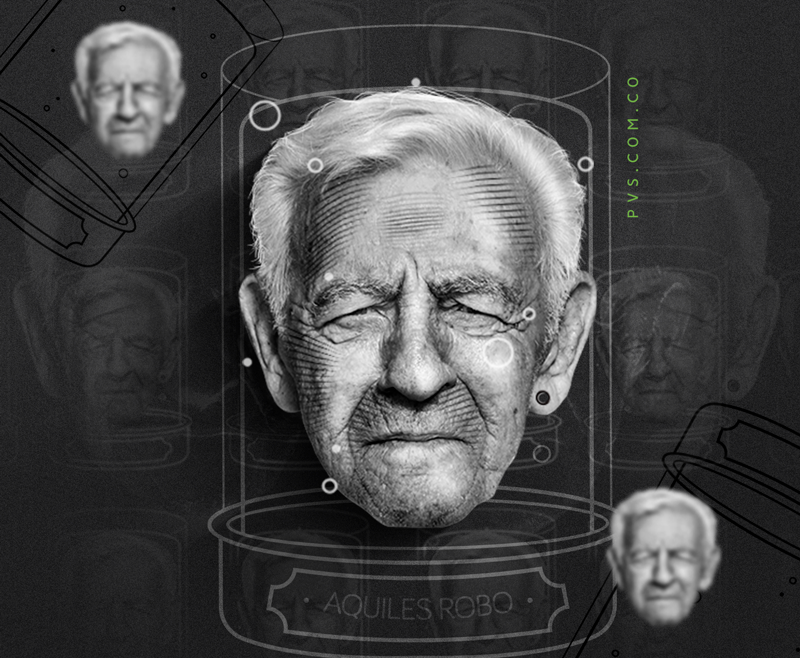
Do you know how far the data you provide to the app that promises to age or rejuvenate goes?
In social networks there are many publications and challenges such as #FaceAppChallenge that encourages users to alter their appearances through different applications that use filters for rejuvenation, aging and beauty.
However, these applications, such as the Russian FaceApp that has taken over the internet in recent weeks, and that promise to change the face, many times seek to collect data to sell later without users being aware of the personal information they are providing to third parties.
Every time a user uses FaceApp to change hair color, use makeup and beauty filters or look younger or older, they grant the application permissions to access personal information such as their multimedia files, that is, stored photos and videos on the device, as well as to the camera and microphone.
Therefore, the effects that FaceApp achieves have a great level of detail, since the application of Russian origin uses artificial intelligence of neural networks, which refers to systems that manage to learn based on large amounts of information. This technology makes it possible to generate new physical appearances from millions of faces that are taken as a reference.
In this way, FaceApp is not only collecting millions of faces, and with them the biometric information of the users (with which it is increasingly common to access migration, health and even financial processes), but also a large part of that data they represent a lucrative business: to sell bases for future publicity.
Unknowingly, users are “giving away” their personal information to third parties whose uses are unknown.
Source: Article taken from the newspaper El Tiempo
JULY 18, 2019



